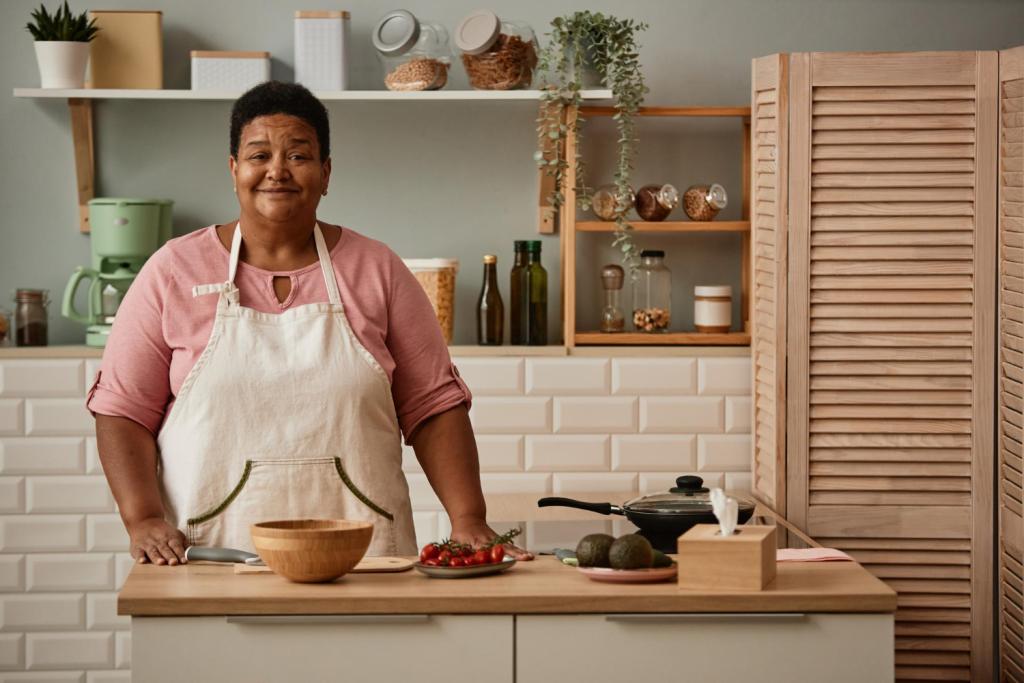Cottage Food

Cottage Food
A Cottage Food Operation is an enterprise at a private home where specific low-risk food products that do not require refrigeration are made and packaged for sale to consumers. The service is available to all individuals wishing to conduct and adhere Cottage Food Operation guidelines within Imperial County.
In Imperial County, cottage food operation permits are divided in two-tiers (Class A & Class B) and enforced by the Imperial County Public Health Department, Environmental Health Division.
| Class A | Class B |
| Cottage food operators may engage only in direct sales of cottage food products. A direct sale means a transaction between a cottage food operator and a consumer, where the consumer purchases the cottage food product directly from the cottage food operation within the county. Direct sales include, but are not limited to, transactions at holiday bazaars or other temporary events, such as bake sales or food swaps, at farm stands, at certified farmers’ markets, and also occurring in person at the cottage food operation location. | Cottage food operators may engage in both direct sales and indirect sales of cottage food products from the cottage food operation, from offsite events, or from a third-party retail food facility such as restaurants and markets within the jurisdiction of the Imperial County Division of Environmental Health. |
Cottage food operations are only allowed to produce specific non-potentially hazardous foods. These are food that do not support the rapid growth of bacteria that would make people sick when held outside of refrigeration temperatures
Learn the difference between MEHKO vs. Cottage Food
Food Business ForkTip
Review the tables below to see key differences between Microenterprise Home Kitchen Operation (MEHKO) vs. Cottage Food. Download this infographic for your reference. MEHKO vs. CFO Comparison PDF
What type of food? | Food is prepared, cooked, and served on the same day. Limited to 30 meals per day, and no more than 90 meals per week. |
|---|---|
Delivery | The meals can be consumed at your home, picked up, or delivered by you or your family member. Food cannot be sold to another business. |
What is not allowed | Food cannot be sold from your vehicle. MEHKOs cannot cater. |
How to sell | Internet food service intermediaries (IFSI) or an app may be used, as long as the business information is provided to client in case of a complaint. |
Maximum sales | Sales are limited to maximum annual sales of $100,000 (gross annual expenses). |
What type of food? | Shelf Stable Baked goods (without cream, custard, meat fillings, or that require refrigeration after baking), candy, coated and uncoated nuts, canned/bottled jelly and jam, dehydrated fruit or vegetables, tortillas, granola and more. |
|---|---|
Delivery | Class A permit allows for direct sales. Class B registration permit allows for both direct sales and indirect sales from a third-party retailer that holds a valid health permit. |
What is not allowed | No Fresh fruit garnishes, cheesecakes or other items needing refrigeration |
How to sell | You may make transactions via the phone, internet or any other digital methods. A direct or indirect sale may be fulfilled in person, via mail delivery, or using any other third-party delivery service. |
Maximum sales | Class A current gross annual sales at $75,000. Class B current gross annual sales at $150,000 |
Resources & Application
- Approved list of cottage foods | CDPH PDF
- Cottage Food Labeling Requirements | CDPH PDF
- Cottage Food Sanitary and Preparation Requirements | CDPH PDF
- CFO Adjusted Gross Annual Sales limit | CDPH PDF
- Assembly Bill 1144 Fact Sheet - Implemented 2022 | CDPH PDF
- Frequently Asked Questions about Cottage Food | CDPH website